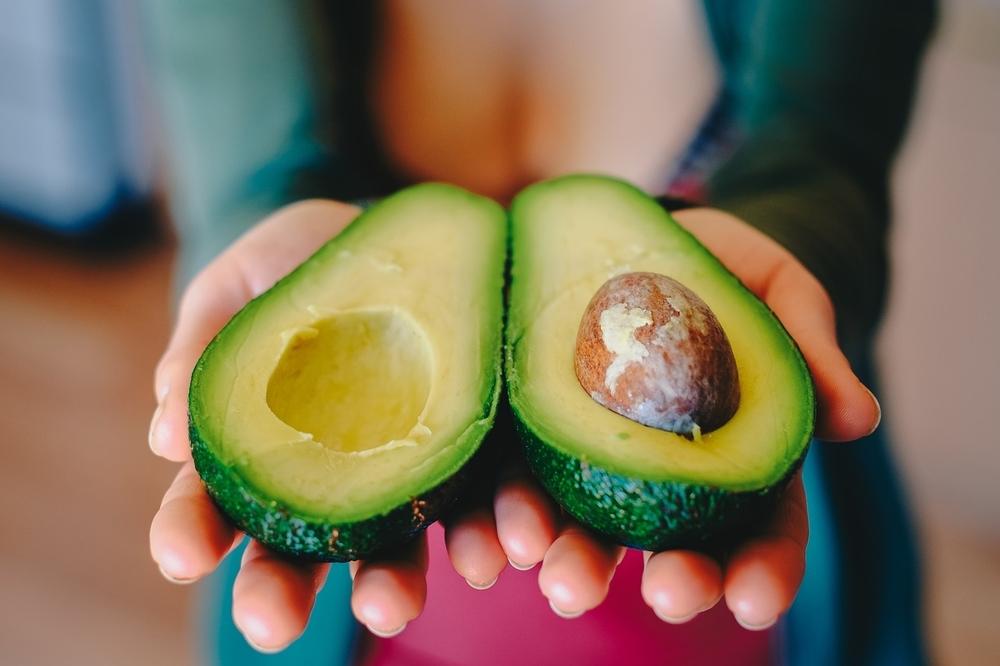
Seeds are something that we often overlook in our daily diet. Sometimes we don't even know that they can be useful to us and we just throw them away. Meanwhile, some of them are an extremely valuable source of nutrients for us, without which our body is not able to function properly. So let's take a closer look and learn about their wonderful properties.
Today on my blog about what some seeds and seeds contain.
Avocado seed
She is a real queen among pits, which unfortunately lands in the trash bin very often. Most of us already know the wonderful properties of avocados, which are increasingly present on our tables. We have learned to add them to our daily meals and we are also happy to use them in everyday care, because avocados are a very good and valued ingredient in home cosmetics. Still, not everyone knows that the true wealth of valuable nutrients for us is contained in its stone. It contains up to 70% of all antioxidants found in avocados, so we will find there more than twice as many as in the fruit itself. It is worth knowing that avocado seed is one of the most valuable plant sources of antioxidants. However, this is not the end of it as one of the richest sources of soluble fiber, it also contains a lot of vitamins and minerals. We find in it, among others, vitamins: A, B1, B2, B3, C, D, K, E, folic acid and minerals: potassium, copper, calcium, zinc, iron and manganese, it also contains valuable lutein for our eyes . Avocado seed improves immunity, helps our body protect against cancer, regulates cholesterol, supports the work of the circulatory and digestive systems, improves brain condition, cares for our eyes, cares for the skin, hair and nails, helps cleanse the body of toxins and regulate glucose levels, and also prevent its rapid burst. How to eat avocado seed? First, dry it for a few days in a sunny place, when it dries, remove the brown skin from it, and rub the stone on a fine grater. Now you can add it to sandwiches, salads, cocktails and many other dishes.
Chia seeds
Chia seeds have appeared in our kitchens quite recently, but their health properties have been known for hundreds of years. These small seeds provide us with a considerable amount of omega 3 fatty acids, even more than marine fish recognized as its valuable source. We also find in them a lot of magnesium, calcium, manganese, iron, selenium, B vitamins, vitamin E and a large portion of fiber. Chia helps us take care of the heart, reduces the level of so-called bad cholesterol and regulates blood pressure, improves brain function, improves concentration and facilitates learning, regulates digestive system function, strengthens bones and helps us care about beauty. In the case of chia seeds, however, moderation and the way they are consumed are very important, unfortunately if we eat too many of them, they can be harmful to us. Excessive consumption of chia seeds can cause stomach aches, constipation, diarrhea, indigestion, and thus also disturb the absorption of nutrients important for our body. Even worse, chia may even increase the risk of developing prostate cancer for men. They should also be taken care of by people taking medications that lower blood pressure and regulate blood sugar levels (they can increase the effect of these drugs) and those who have problems with blood clotting, allergies and autoimmune diseases. Excessive chia seeds may also interfere with estrogen metabolism. Therefore, although these small seeds have many health benefits, you should not consume more than 1 tablespoon per day, or about 10 grams. It is best if ground chia seeds are found in bakery products, fruit-nut mixtures or fruit juices. Due to the fact that more and more often talk is not only about the positive effects of their consumption, but also about the fact that they can harm us, before we decide on a diet enriched with these seeds, let's better talk about them with your attending physician.
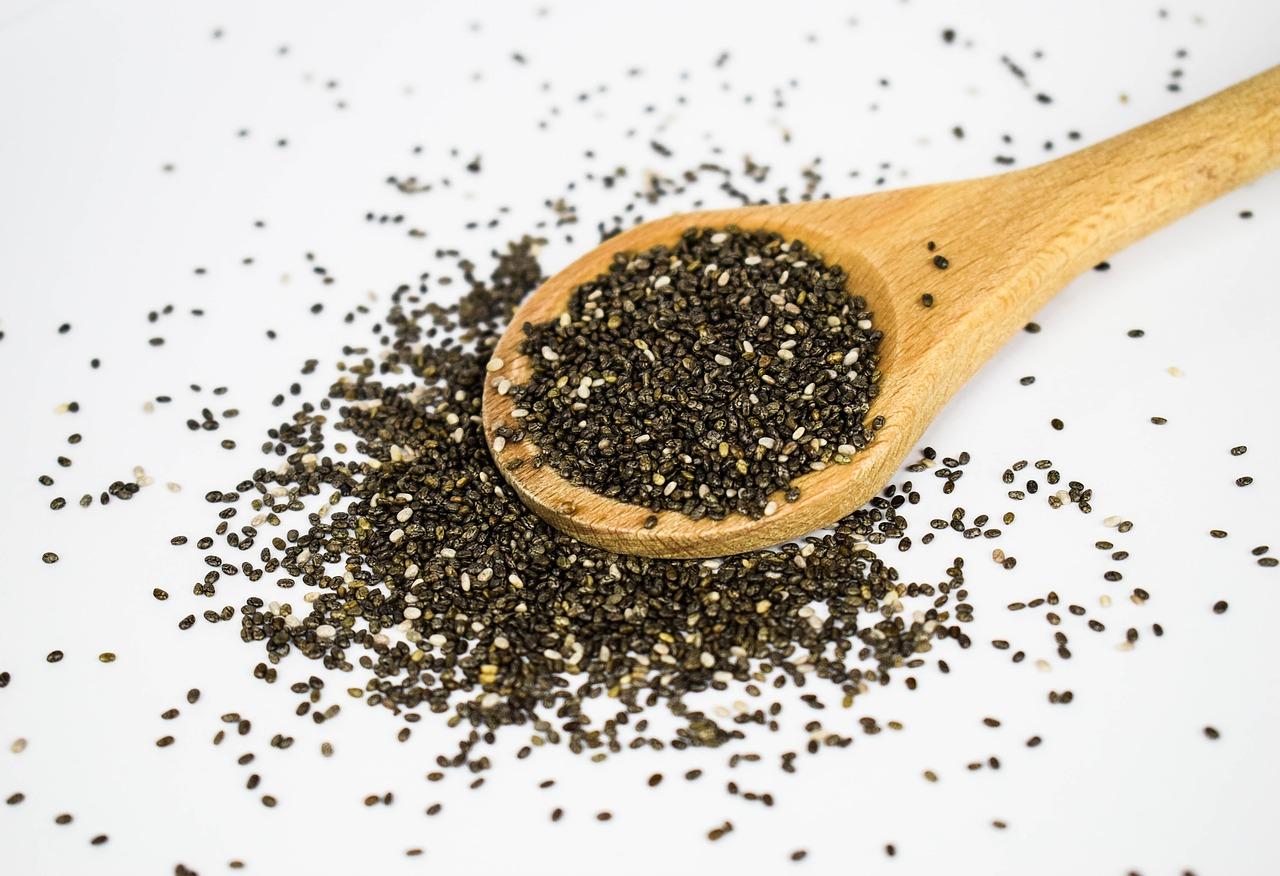
Linseed seeds
Known for a long time flaxseed once, we associated only with alleviation of stomach ailments, but it has many more properties beneficial to our health, so it's definitely worth a closer look. Linseed is primarily a wealth of omega 3 fatty acids and fiber (both soluble and insoluble), we also find in them a lot of B vitamins, vitamin E, magnesium, calcium, iron, zinc, as well as phytosterols and lignans. All this means that linseed not only helps us care for the digestive system, soothing irritation, improving intestinal peristalsis and protecting it against damage, but also supports the work of our heart, reduces the action of free radicals, cares for our hair, skin and nails, supports therapy to relieve perimenopausal symptoms and reduce the risk of certain cancers. It is best to buy linseed in whole grains, ground quickly lose its properties, so we grind them immediately before consumption and in this form we add to sandwiches, salads, cocktails and dinner dishes. Ground seeds are much better absorbed by our body and do not cause digestive problems, while decoction or jelly is best prepared from whole grains, pouring them with hot water.
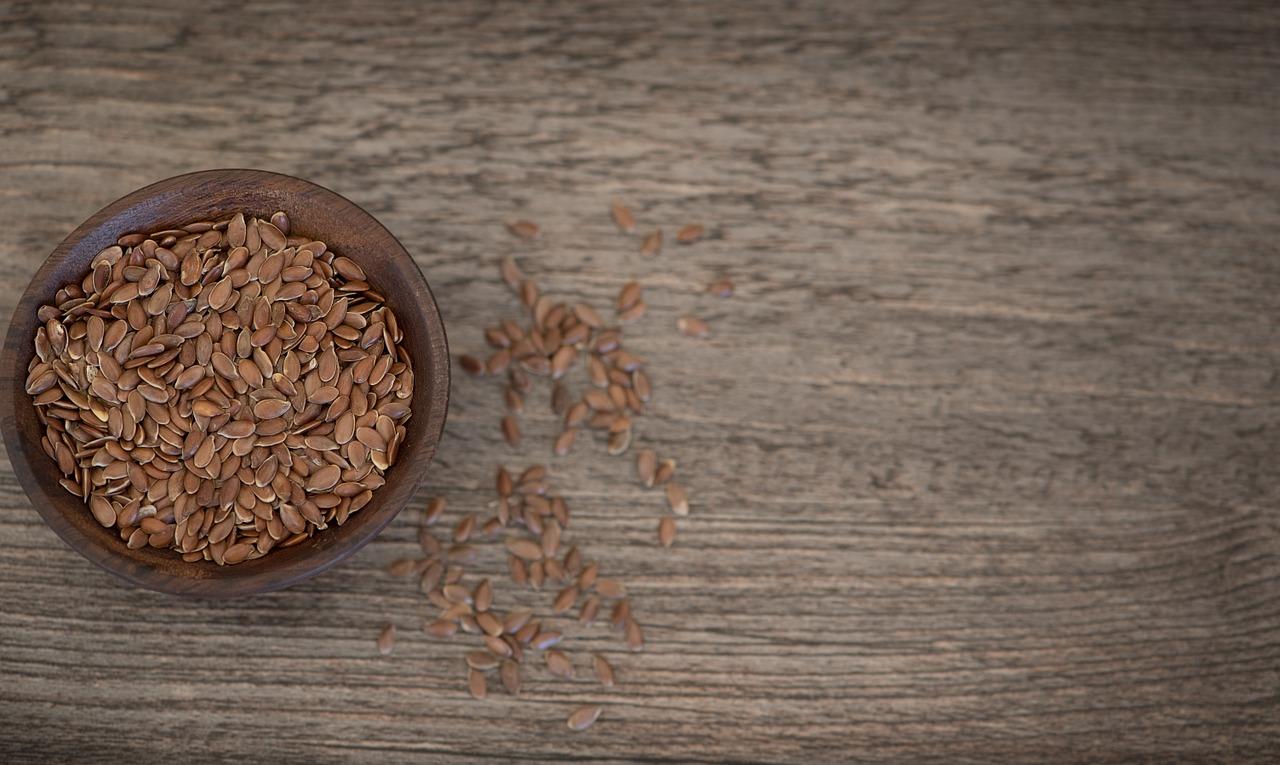
Pumpkin seeds
They are distinguished primarily by a high content of zinc, they are one of the richest sources of this element. We will also find in them large amounts of calcium, iron, magnesium, phosphorus, potassium and vitamins including E, A, K, C and B vitamins. Pumpkin seeds also provide us with omega 3 fatty acids, lecithin and cucurbitacin. They perfectly support our immunity, help fight infections and care for the condition of our skin and hair. That is why they are recommended to people who are prone to acne changes, breaking and hair loss, or splitting and crushing nails. Pumpkin seeds also support our brain and protect the heart, thanks to the content of lecithin have a positive effect on memory and concentration, and the already mentioned cucurbitacin can deal with parasites living in our digestive system, improves digestion and protects our liver.
Pumpkin seeds can be eaten alone, they taste great roasted (just remember to roast them briefly for a maximum of about 10 minutes, otherwise they will lose some of their value) or as an addition to various types of dishes, salads, muesli or cocktails.
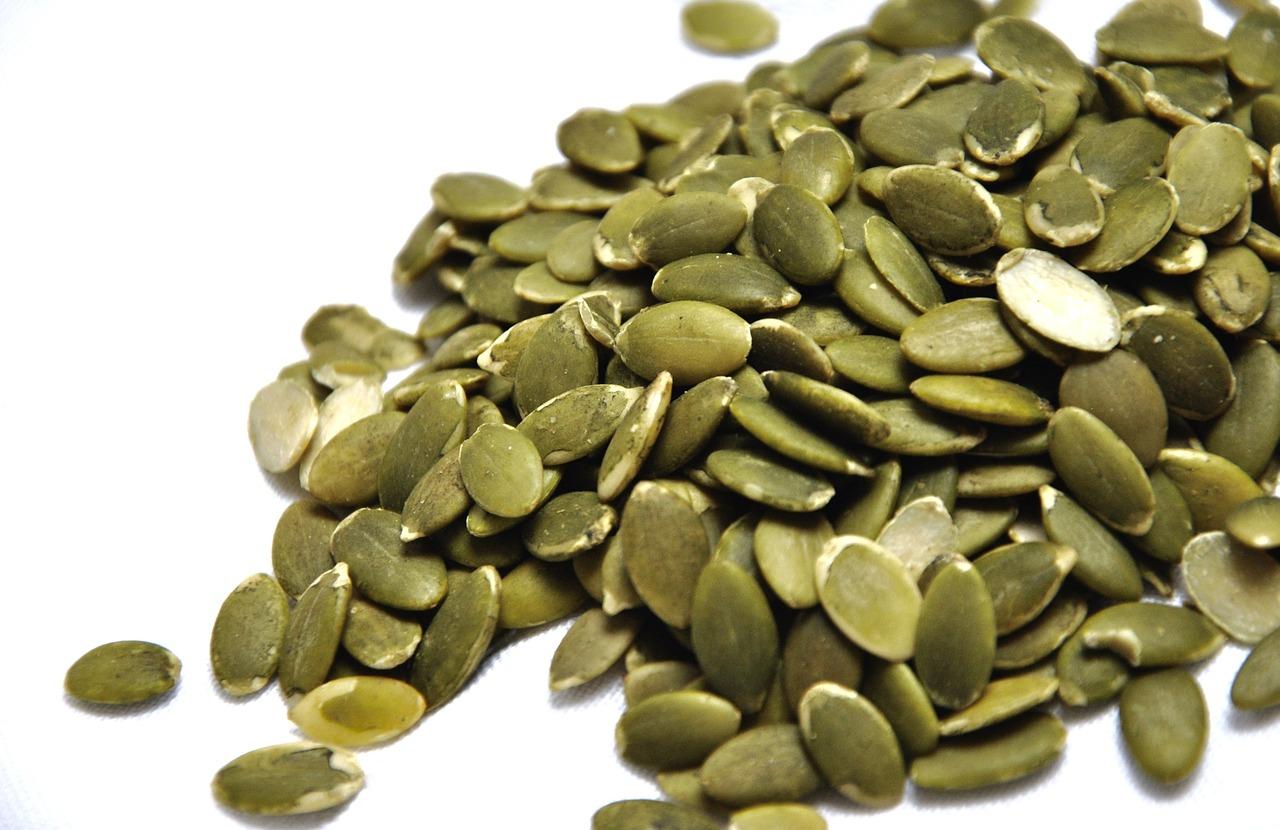
Sesame Seeds
Sesame seeds are a source of calcium, magnesium, iron, zinc, copper, selenium, manganese, phosphorus, essential fatty acids, B vitamins, vitamins E, A, fiber, a protein well absorbed by our body, which is rich in tryptophan, which among others by participating in the production of serotonin and melanin, it helps to improve the quality of our sleep and has a positive effect on our mood. In small sesame seeds we will also find a fairly high content of hormone-regulating lignans and lowering the level of "bad" cholesterol of plant phytosterols. Sesame supports our brain, improves memory and increases concentration, helps the body defend against certain cancers, helps remove toxins, reduces free radicals, cares for our bones and supports the work of the cardiovascular system. Sesame has a delicate nutty flavor and is great for various types of desserts, dinner dishes, cocktails and salads, and due to the low glycemic index can be a component of the diet of people suffering from diabetes and insulin resistance.
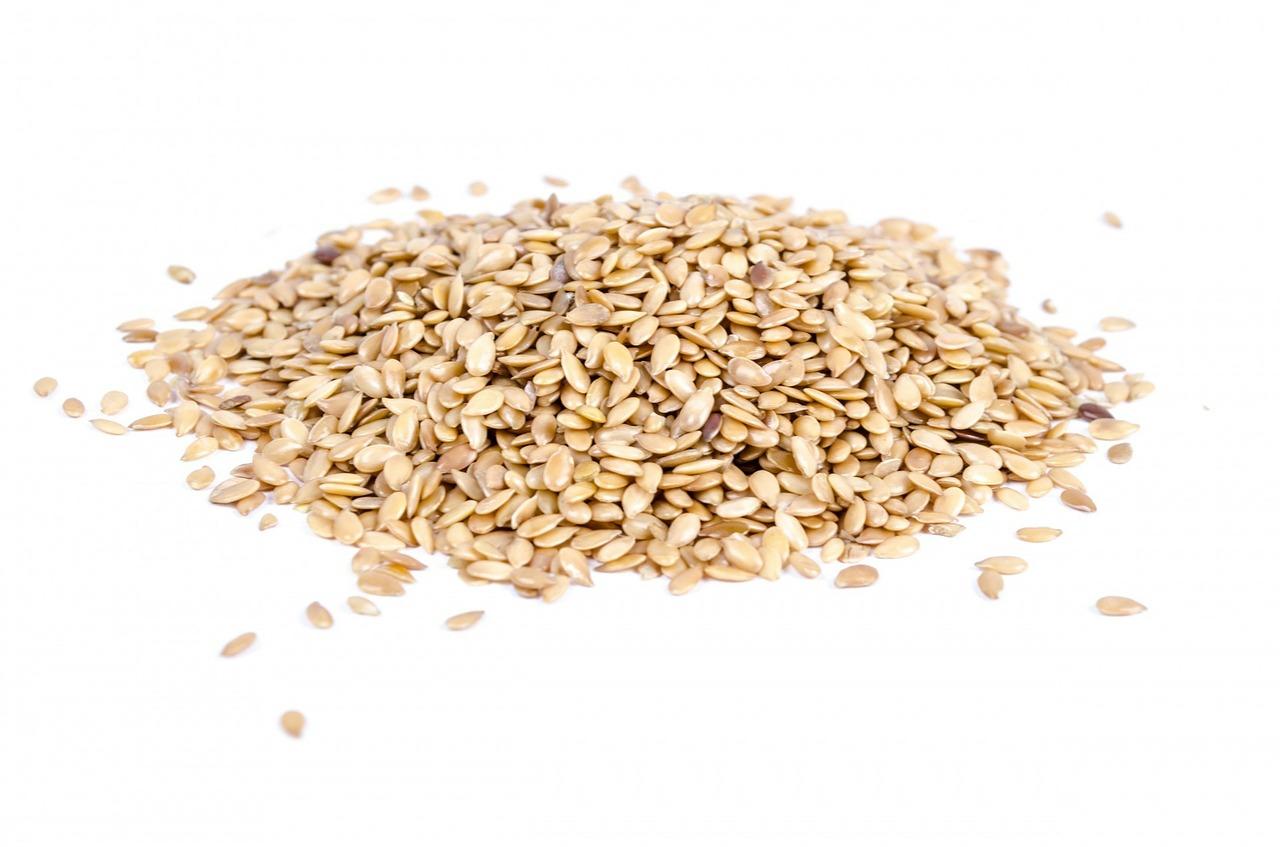
Sunflower seeds
Sunflower seeds are known primarily because of the high content of vitamin E, in addition to them we will find group B vitamins, vitamin A, calcium, magnesium, phosphorus, potassium, iron, sodium, zinc, fiber, unsaturated fatty acids and a large amount of phytosterols . Eating sunflower seeds helps regulate cholesterol, reduces the risk of atherosclerosis, improves sperm quality, affecting male fertility, and thanks to the high content of antioxidants, allows us to stay young longer. Sunflower seeds also support the digestive system, help fight infections and acne skin changes, improve the condition of bones and teeth, and thanks to the content of phytosterols and linoleic acid reduce the risk of certain cancers.
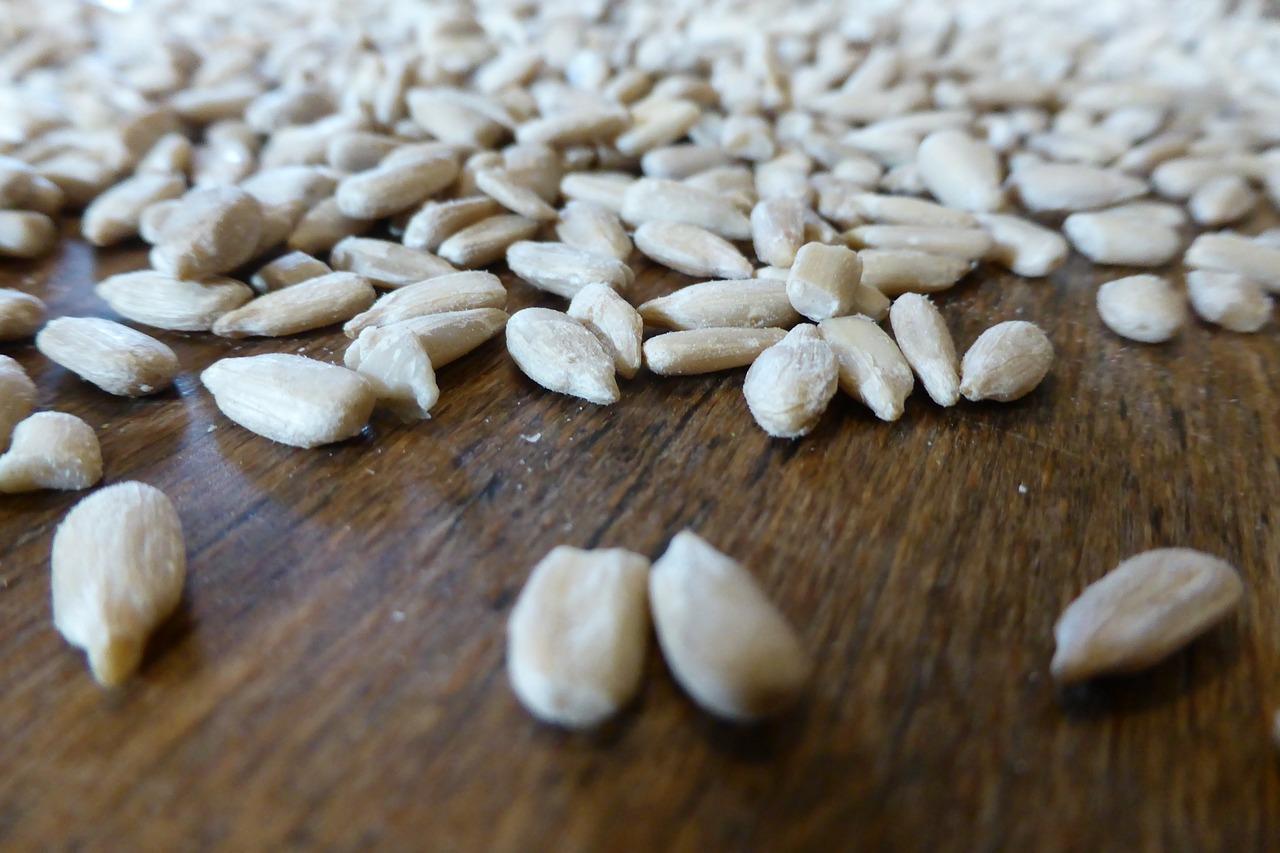
Watermelon seeds
Most often they just annoy us, we don't really like to pick them, and when we do, we throw them out and forget about their existence. Meanwhile, watermelon seeds contain many valuable nutrients, are a wealth of protein and antioxidants, we find in them B vitamins, calcium, iron, magnesium, phosphorus, potassium, zinc, copper and unsaturated fatty acids. Watermelon seeds regulate blood pressure, reduce the risk of atherosclerosis, take care of our nervous system, help regulate glucose levels, fight free radicals, protecting our body against numerous diseases and delaying the effects of aging. They support the treatment of gastrointestinal and urinary tract infections, have antibacterial properties, destroy parasites and have a mild analgesic effect. The best ones are roasted in the oven, they can be seasoned freely, and if we have patience we can shell out. Remember, however, to bite them well and not to overdo it with quantity, which is too much unhealthy :).
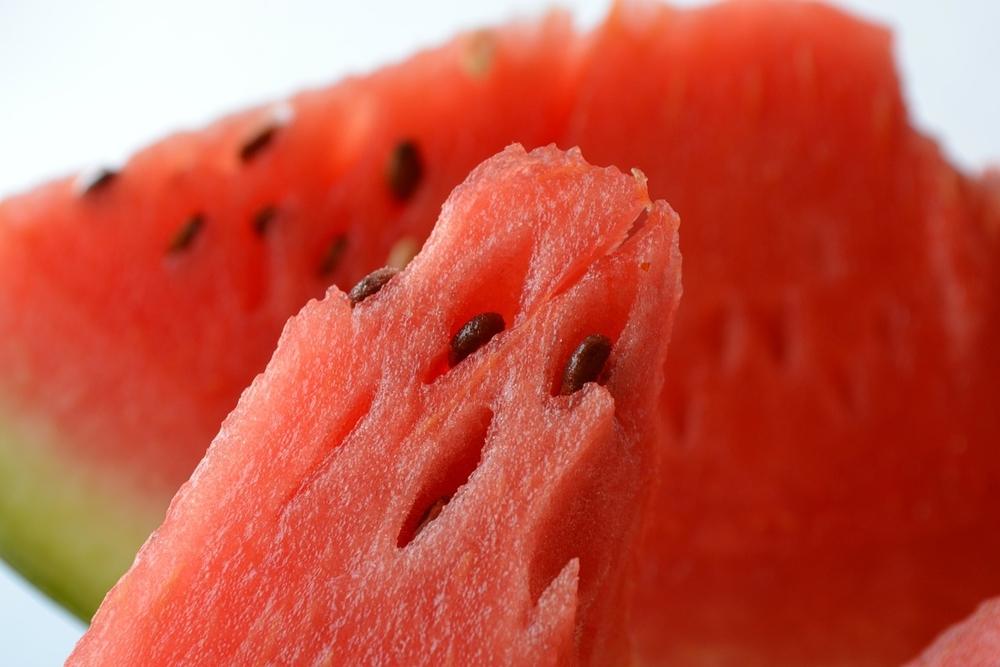
Grape seeds
Grape seeds, like watermelon seeds, are thrown away very often, and instead we should bite them thoroughly, thus providing our body with valuable nutrients. Grape seeds are a wealth of antioxidants, thanks to which they support our body, protecting it against diseases and premature aging. They also contain a lot of vitamin E, often called the vitamin of youth, as well as flavonoids, polyphenols and unsaturated fatty acids. Thanks to this, they perfectly support our immune system, strengthen blood vessels, have anti-inflammatory properties, support brain work, accelerate the regeneration of our body, improve the condition of the eyes, and also positively affect the condition of our hair and skin.
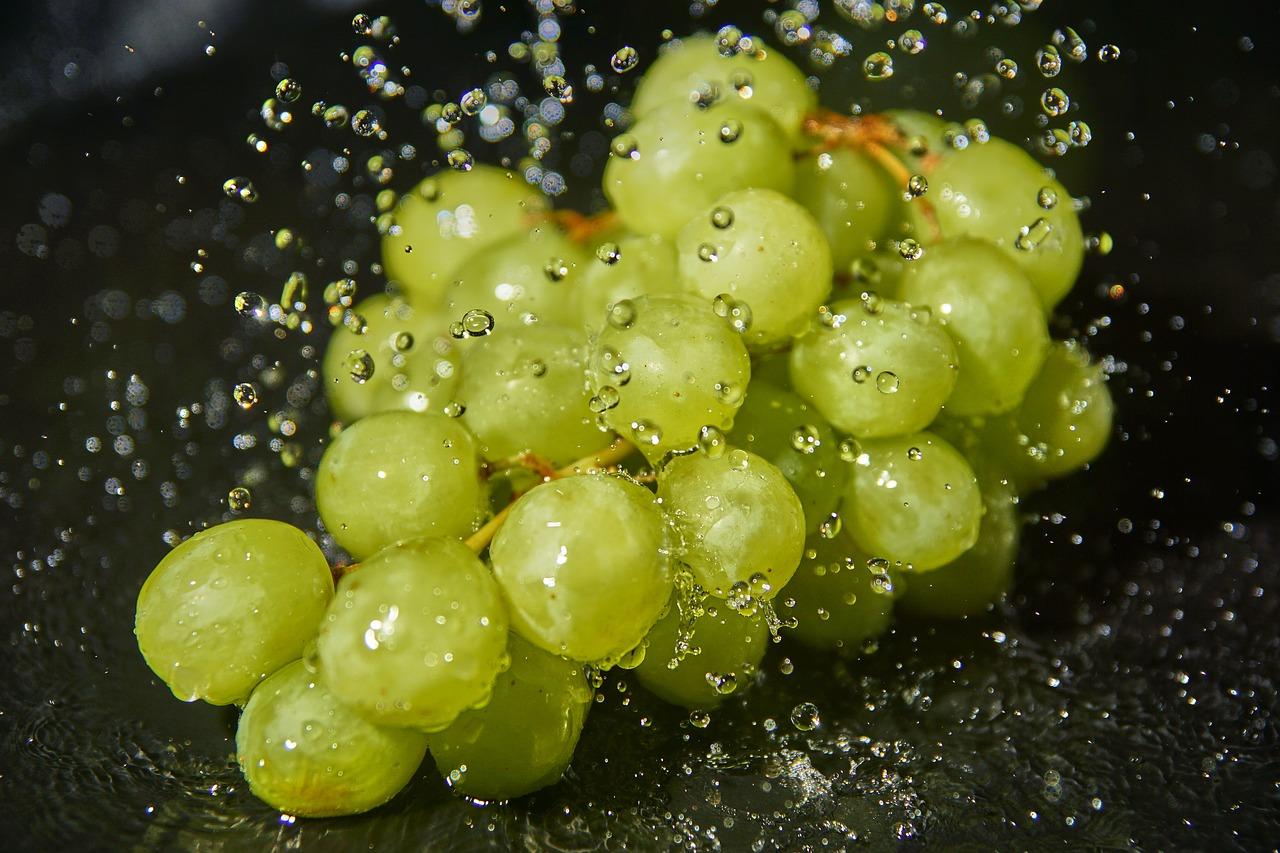
Seeds and seeds should permanently enter our diet, but we must always be guided by our individual needs and pay attention to the reaction of our body. When adding new products to your diet, you should pay attention to all the symptoms sent by the body that could suggest an allergy, and what is very important we must always remember to maintain healthy restraint. Each diet should be adapted to our health and necessarily well balanced so that our body receives everything it needs to function.
